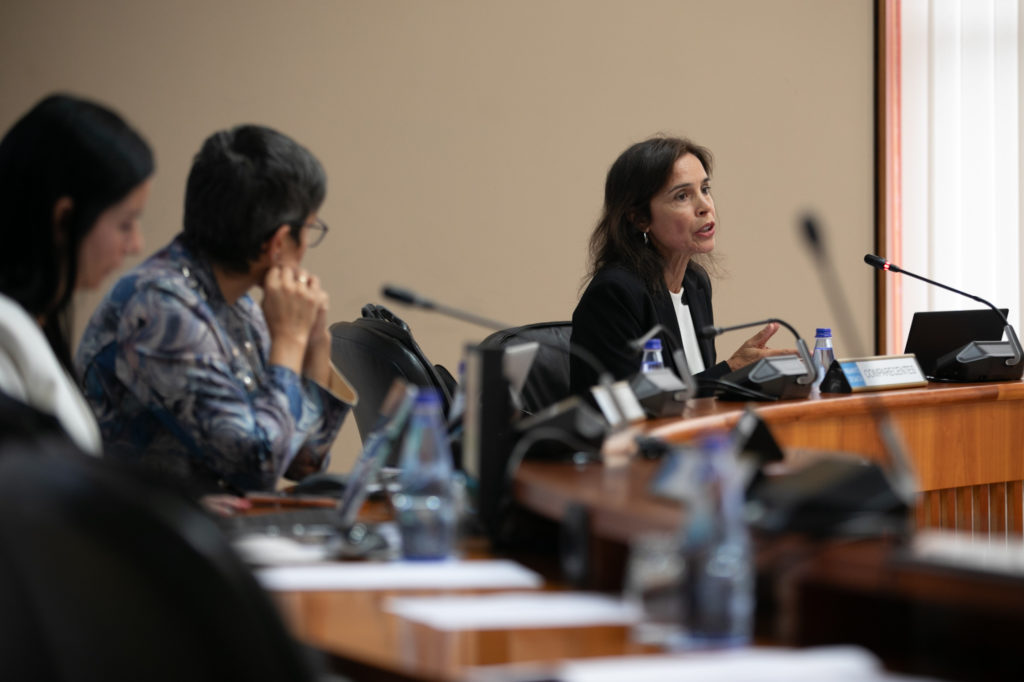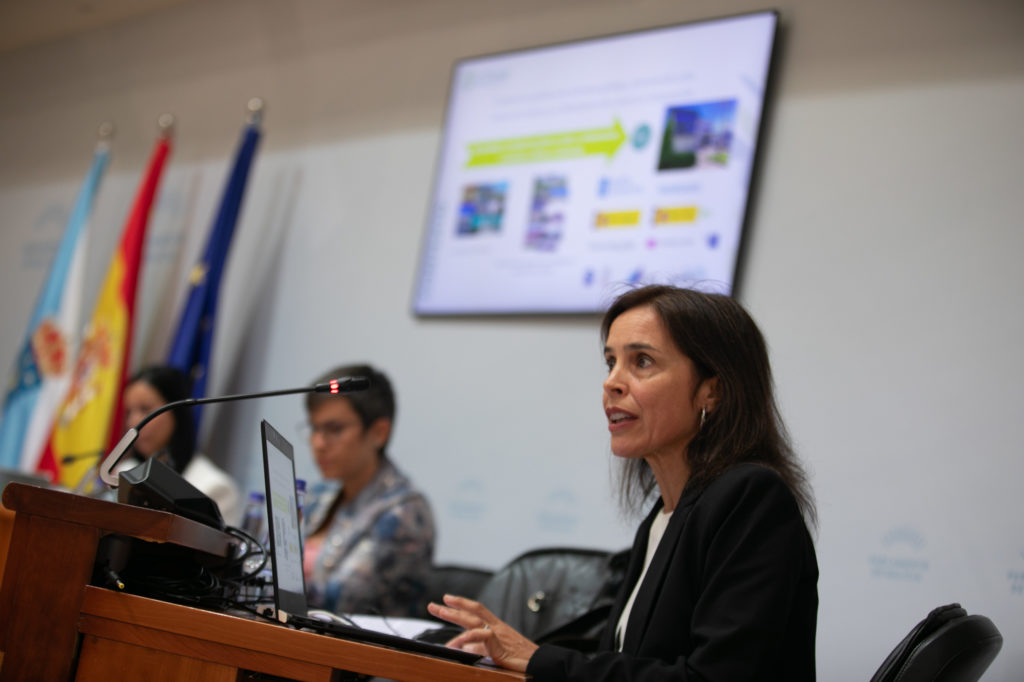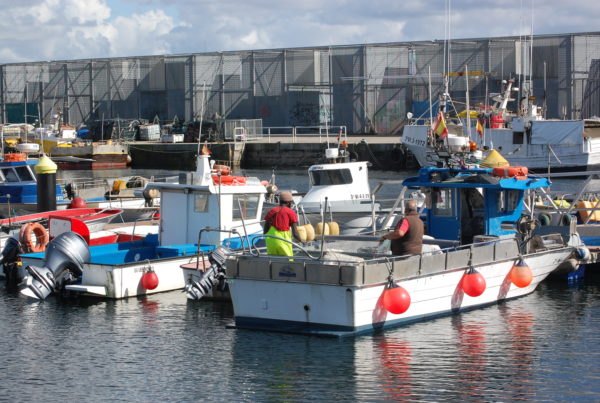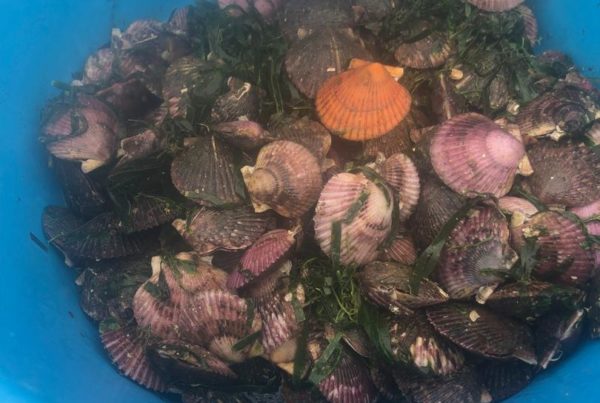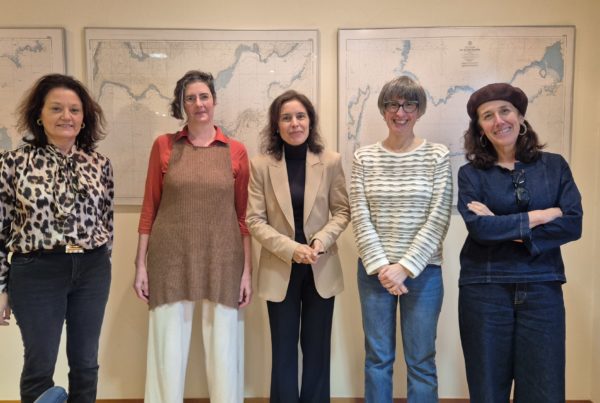The Xunta highlights CETMAR’s trajectory as a hub of innovation and research in the maritime and fisheries sector
- Rosa Chapela stressed that investing in Cetmar means investing in the future of the sea of Galicia, in its people, its economy, and its identity.
- The Cetmar Foundation presented the results of its 24 years of activity, highlighting its contribution to marine science, the blue economy, and the international projection of the region.
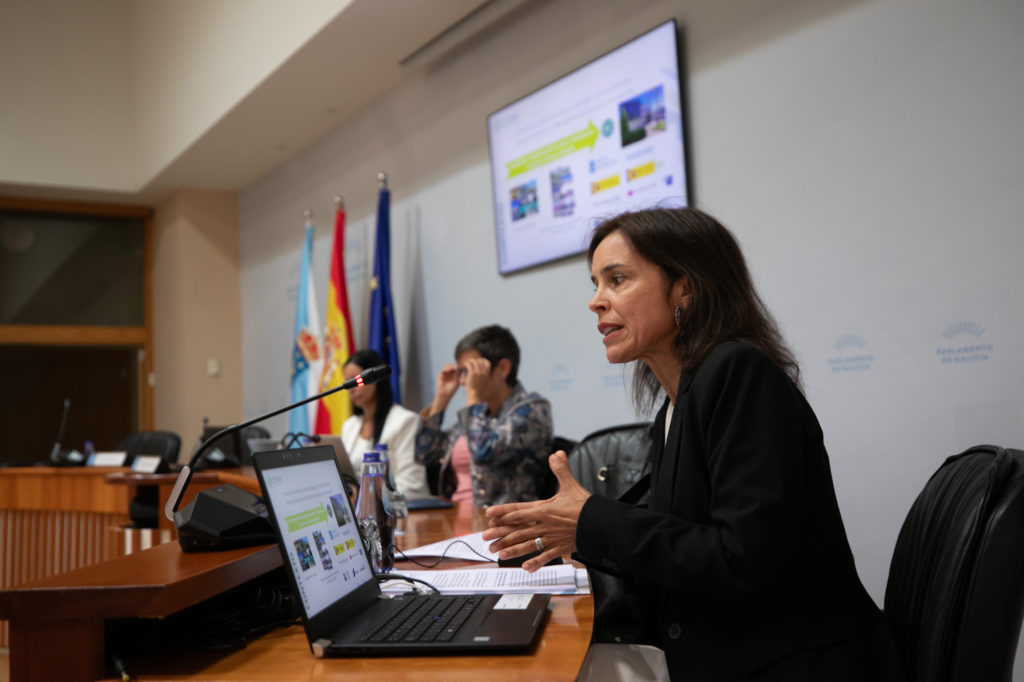
The director of the Marine Technology Centre–Cetmar Foundation, Rosa Chapela, appeared today before the 8th Commission of the Galician Parliament to present the entity’s trajectory and future challenges, as it approaches its 25th anniversary.
In her address, Chapela underlined Cetmar’s strategic role in the ecosystem of marine science and innovation, and called on parliamentary groups to maintain a commitment that ensures Cetmar can continue to be a useful tool for both the sector and society. The head of the centre, which depends on the Consellería do Mar, stated: “Investing in Cetmar means investing in the future of the sea of Galicia; it means investing in jobs, sustainability, and useful, applied science.”
Cetmar was created in 2001 through an initiative of the Xunta and the Ministry of Science and Innovation as a public foundation of Galician interest. Based in Vigo, but with a clear international projection, its mission is to connect universities, research centres, the fishing and shellfishing sectors, companies, administrations, and society. Cetmar acts as a cooperation platform that, through scientific research, provides practical solutions to the problems of the sea and its people.
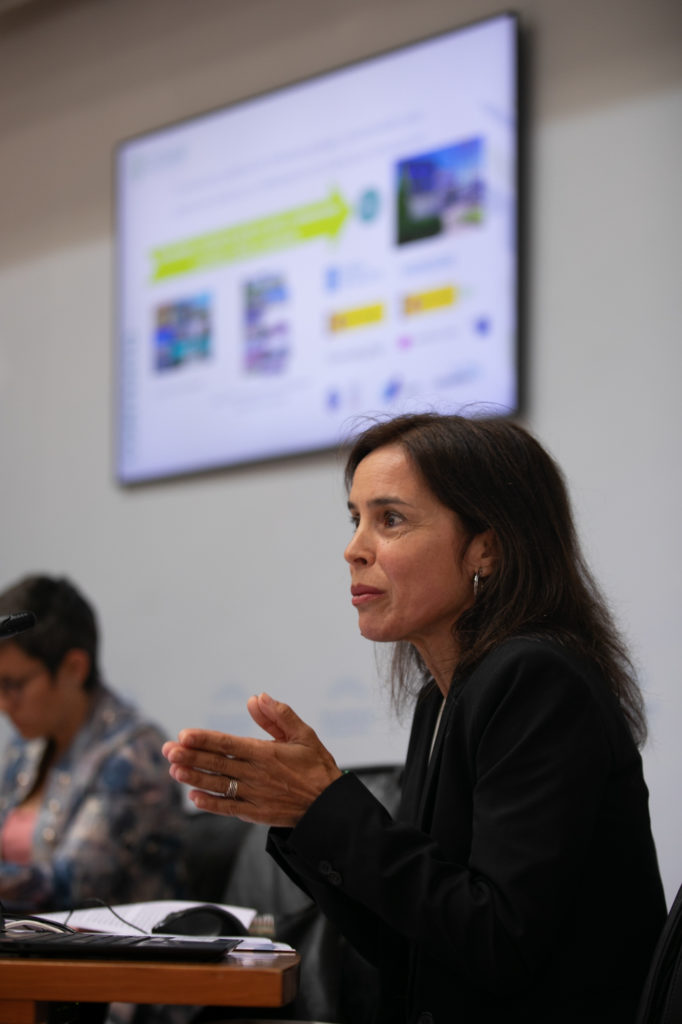
Today, the centre has a team of 54 professionals with a wide diversity of profiles, reflecting its interdisciplinary nature. Among them are marine biologists, engineers from different fields, economists, lawyers, chemists, anthropologists, political scientists, and specialists in training and knowledge transfer. This combination of skills allows for integrated work on complex projects, ranging from applied research to international cooperation, always with a practical approach tailored to the needs of the sector and Galician society.
Two decades of research and action
Over more than two decades, Cetmar has actively participated in local, European, and international projects, contributing to strengthening Galicia’s position in the blue economy. The results back this track record: 939 partners in 61 countries, cooperation in 31 states, 122 actions underway with a 61.5% success rate, €11.1 million mobilised with 31 funders, and more than 2,000 students trained at the A Aixola training centre since 2004.
Its activity spans seven specialised areas: control and management of marine resources, fisheries product technology, marine technology unit, promotion and transfer of technology, fisheries socioeconomics, international cooperation, and training.
Examples of ongoing projects include controlling populations of Pacific oyster and analysing mussel seed, tackling marine litter and emerging pollutants, implementing observation systems in collaboration with Portugal, conducting economic impact studies of fisheries and aquaculture, training more than two thousand professionals, and cooperating with African countries through the FAO. Chapela placed special emphasis on two ongoing projects: training maritime professionals through the A Aixola training centre and the overall coordination of the Marine Sciences of Galicia project, framed within a national initiative with a global and ambitious focus on marine well-being.
Cetmar is also part of leading international networks and groups, such as the Technical Expert Group for MSP (DGMARE), the European Marine Board, PtPROTECMA, NOR-WATER, FAMENET, the RCG Secretariat, and ECON ICES, which strengthen Galicia’s presence in marine governance at both the European and global level.
Automatic translation with AI

